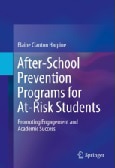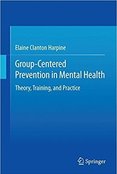|
Neuroimaging research proves that phonemic awareness is more effective than “read-say” whole language techniques and old-style phonics (See my earlier blog post on neuroimaging research.) Phonemic awareness teaches children to recognize that letters of the alphabet represent sounds. The children must learn to decode (break down) words into letter sounds and then encode (reassemble) those sounds back into pronounceable words (Shaywitz, 2003). Vowel clustering teaches children to decode and encode letter sounds to read words (Clanton Harpine, 2010). Children are taught to sound words out letter by letter instead of guessing. Vowel clustering emphasizes the lowercase alphabet and sounding out letter sounds and combinations of letter sounds. Students are never asked to memorize word lists or to memorize phonics rules. Vowel clustering also teaches all of the sounds for a vowel in a cluster. With the letter A, the children learn all seven sounds used by letter A and the 22 different letter combinations that can be used to make those seven sounds. The traditional phonics approach was to teach the “short vowel sounds” and then the “long vowel sounds using silent E.” The other sounds were called “irregular sounds,” but irregular vowel sounds cause children the most confusion. Teaching vowels in clusters teaches children to learn all of the sounds for each vowel in an organized pattern. It’s easier and less confusing, and it works directly with how the brain assimilates and organizes letter sounds—connecting synapses and building pathways. Vowel clustering simply means to teach words by sounds rather than by letters. See Chapter 1 in my After-School Prevention Programs for At-Risk Students (2013) and Chapter 4 in my Group-Centered Prevention in Mental Health (2015) for examples of how this concept is applied in teaching children to read.
0 Comments
Leave a Reply. |
Elaine Clanton Harpine, Ph.D.Elaine is a program designer with many years of experience helping at-risk children learn to read. She earned a Ph.D. in Educational Psychology (Counseling) from the Univ. of Illinois at Urbana-Champaign. Categories |


 RSS Feed
RSS Feed
